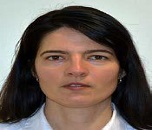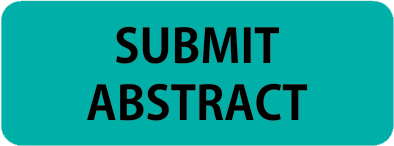
Sheila Cabezas
Flinders University,Australia
Title: Dengue virus induced alternative complement pathway dysregulation: contrasting effects on factor B and extracellular factor H production
Biography
Biography: Sheila Cabezas
Abstract
Severe dengue virus (DENV) infection is associated with overactivity of the complement alternative pathway (AP). Here, we investigate the molecular changes in factor H (FH) a major negative regulator of the AP, during DENV infection. FH mRNA is significantly increased in DENV-infected endothelial cells (EC) and macrophages but in contrast production of extracellular or cell surface bound FH protein is not. This phenomenon is not seen for the AP activator, factor B (FB), with DENV induction of both FB mRNA and protein. Further, this is not observed with Toll-like receptor 3 or 4 stimulation of EC and macrophages, which induces both FH mRNA and protein. Intracellular FH protein, however is induced by DENV, but only in DENV antigen-positive cells while in two other DENV-susceptible immortalised cell lines (ARPE-19 and HREC), FH protein is induced both intracellularly and extracellularly by DENV infection. Regardless of the cell type, there is an imbalance in AP components with lower FH relative to FB protein and increased deposition of the complement component C3b on the surface of DENV-infected cells. Mechanistically, IFN-mediated induction of FB and FH mRNA and for FB also protein in EC in a manner consistent with other interferon stimulated genes. This study demonstrates complement dysregulation in DENV-infected EC and macrophages, with increased components that are associated with elevated complement activity such as FB and C3b deposition, without an equivalent increase in the negative regulator, FH . These changes are predicted to result in higher complement activity in the local microenvironment of EC, with the potential to induce functional changes that may result in increased vascular permeability, a hallmark of dengue disease.

